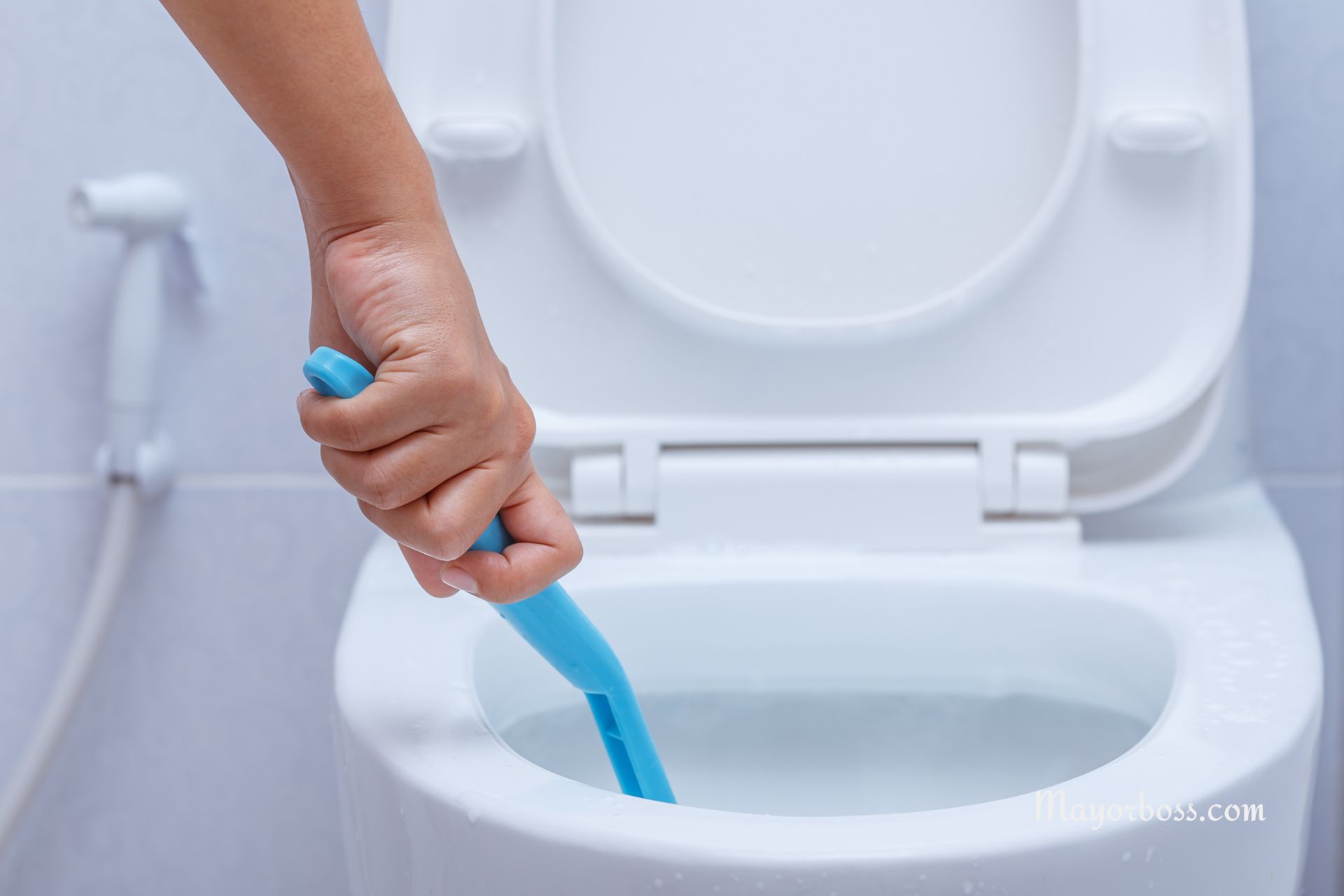Here’s How To Wake Up Less For Bathroom Breaks In The Middle Of The Night
Waking up often at night to use the bathroom can make it hard to get good sleep and leave you feeling tired the next day. This problem, called nocturia, happens to many people and can have different causes. According to the Urology Care Foundation, “about 1 in 3 adults over the age of 30 experience nocturia”. Luckily, there are ways to cut down on nighttime bathroom trips and sleep better.

Drinking Less Before Bed Can Help
Drinking a lot of liquids in the evening can make you need to go to the bathroom more at night. It’s a good idea to drink less, about two to three hours before bedtime. Drinks like tea, coffee, and alcohol can make your body produce more urine, so it helps to avoid them in the evening. Also, try to drink most of your water earlier in the day so your body has time to process it before bedtime.
Avoiding Caffeine And Alcohol Is Important
Caffeine and alcohol can bother your bladder and make you go to the bathroom more often. Try to stay away from drinks like coffee, tea, and soda in the afternoon and evening. Alcohol can also affect your sleep and make you dehydrated. Some foods and medicines have hidden caffeine, so be sure to check labels to avoid getting too much.
Eating The Right Foods Can Help
Some foods can bother your bladder and make you urinate more. Spicy foods, citrus fruits, and artificial sweeteners can all be irritating. Eating foods with fiber can help with digestion and prevent constipation, which can put pressure on your bladder. Also, eating less salt can help your body keep a healthy balance of fluids.
Going To The Bathroom Before Bed Is A Good Habit
Going to the bathroom right before bed can help empty your bladder and lower the chance of waking up at night. Try to make it part of your bedtime routine, so your body gets used to it. Some people find it helpful to relax before bed to make sure their bladder is completely empty.
Checking For Health Problems Is Important
Waking up to urinate a lot might be a sign of a health issue like diabetes, urinary tract infections, high blood pressure, Restless legs syndrome, or prostate problems. If you keep having this problem even after trying to fix it, it’s important to see a doctor to check for any medical conditions.
Some Medicines Can Cause More Urination
Certain medicines, like diuretics, can make you urinate more. Talk to your doctor about when to take your medicine to avoid waking up at night. Some blood pressure medicines and antidepressants can also have this effect, so it’s good to discuss options with your healthcare provider.
Doing Pelvic Exercises Can Strengthen Your Bladder
Kegel exercises can make your bladder muscles stronger and help you have better control. Doing these exercises regularly can help with leaking and feeling the urge to go too often. A physical therapist can teach you how to do them correctly.
Creating A Good Sleep Environment Can Help
Having a comfy sleep space can help you stay asleep longer. Keeping your room cool, dark, and quiet can make it easier to sleep without waking up. Using blackout curtains, a white noise machine, or breathable bedding can help you sleep better.
Reducing Stress And Anxiety Helps Sleep
Feeling stressed can make you wake up more at night. Doing things like deep breathing, meditation, and stretching before bed can help you relax. Writing down your thoughts in a journal or practicing mindfulness can also help you sleep better.
Drinking Water At The Right Times
Drinking enough water is important, but it’s better to drink more during the day and less in the evening. Drink more in the morning and afternoon, and slow down as bedtime gets closer. Sports drinks with electrolytes can also help your body stay balanced.
When To See A Doctor
If you still wake up a lot to go to the bathroom even after trying these tips, make an appointment with your doctor. They can check for any health issues and suggest treatments to help you sleep better.
Summary
To cut down on nighttime bathroom trips, try drinking less before bed, avoiding bladder-irritating foods, and making healthy lifestyle changes. Checking with a doctor can also help if the problem continues. Making these changes can improve your sleep and help you feel more rested.
